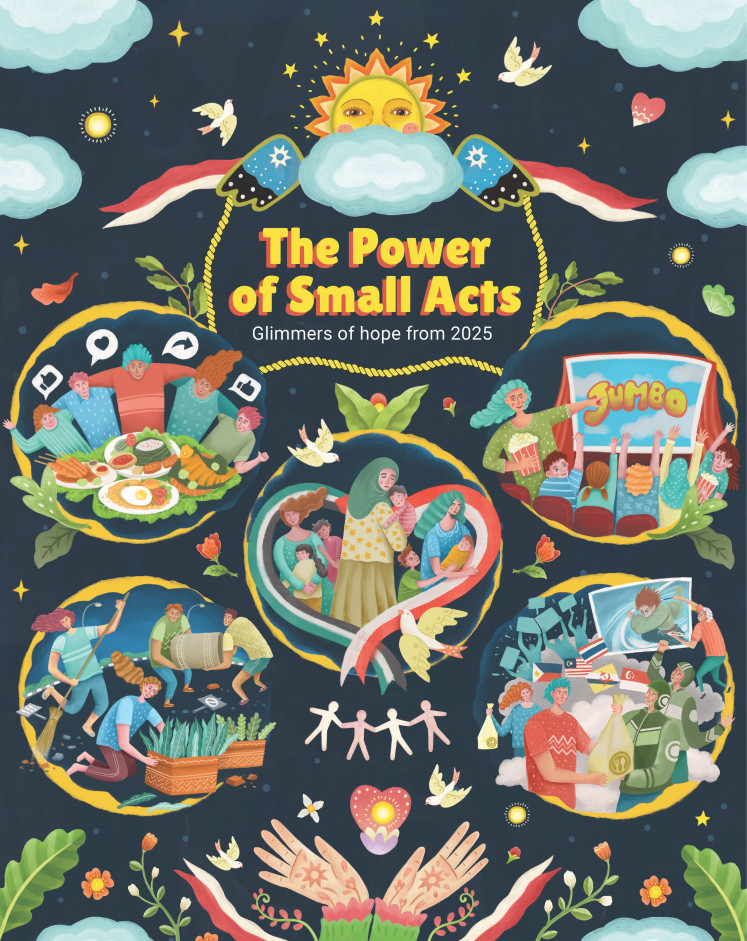Popular Reads
Top Results
Can't find what you're looking for?
View all search resultsPopular Reads
Top Results
Can't find what you're looking for?
View all search resultsGoogle teaches machines to become more fluent translators
Change text size
Gift Premium Articles
to Anyone
G
oogle is promising that its widely used translation service is now even more fluent, thanks to an advance that's enabling its computers to interpret complete sentences.
That may sound simple, but it took years of engineering to pull off. Until now, Google's technology analyzed phrases in pieces and then cobbled together a sometimes stilted translation.
Now that Google's machines can interpret entire sentences, the translations of extended passages of text should read and sound much more like a native speaker of the language. The technology, dubbed "neural machine translation," is similar to what Google has been using for the past few years to identify people and objects in pictures stored in its Photos service.
Google described its neural machine tool as the biggest leap for its translation service in a decade.
(Read also: Google Allo chat app is smart, but enough to break though?)
Forrester Research analyst Mike Gualtieri also believes Google's new method is a significant breakthrough, although he said he expects it to make some potentially embarrassing mistakes in its early stages, much like the Photos service misidentified some things when it first rolled out.
"I doubt it will be translating like the computers on 'Star Trek' quite yet," Gualtieri said.
Starting Tuesday, the technology is being be used to translate phrases to and from English and eight other languages — French, German, Spanish, Portuguese, Chinese, Japanese, Korean and Turkish.
Those languages cover about one-third of all the translation requests that Google gets. It says that on average it translates about 140 billion words per day for the more than 500 million people who use the service.
Google, part of Alphabet Inc., eventually hopes to apply the neural machine technology on all 103 languages in its translation service.











